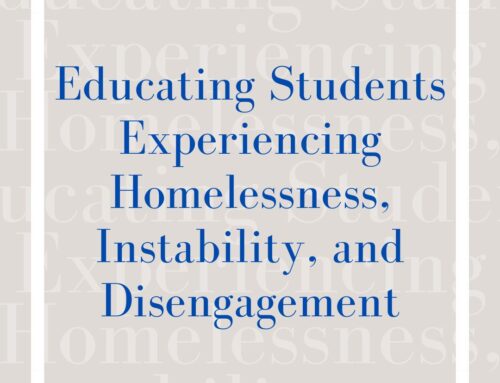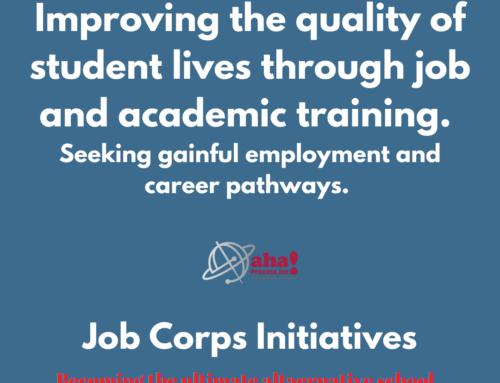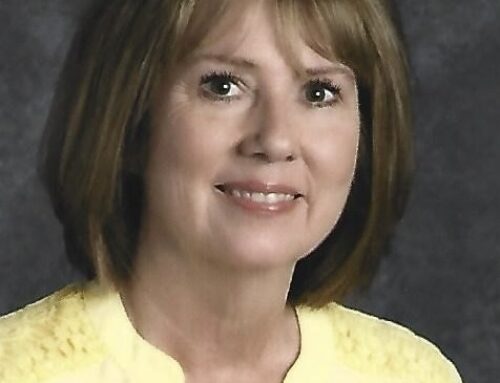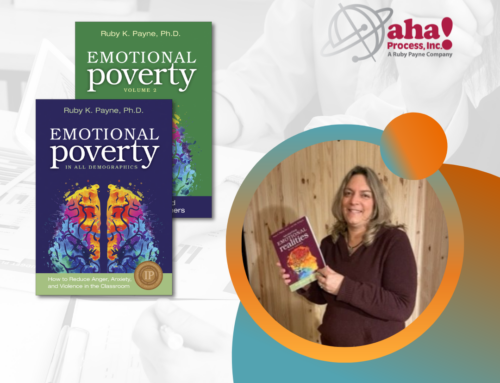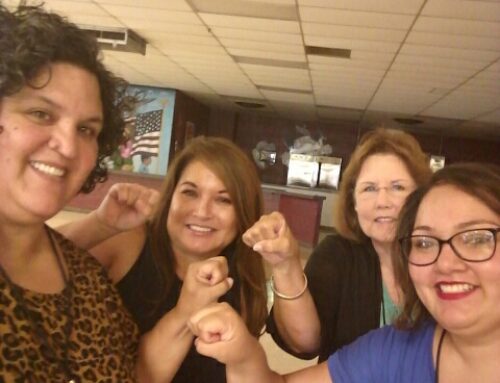The other day at a training, a kindergarten teacher who teaches in a high-poverty elementary school told me this story:
Two kindergarten boys got into a fistfight. Before the teacher could get to them, another kindergarten boy pulled up a chair right in front of the fight and said, “I’m going to watch the show!” Entertainment is highly valued in poverty because it takes away the pain; it is a distraction. The teacher told me she could barely get to the fighting boys “because of the boy on the chair watching the show!”
In the middle of this pandemonium, another kindergarten boy pulled the fire alarm. By law, the class must exit the building. The teacher separated the fighting boys by taking one in each hand. As they left the room, she realized that a small boa constrictor, on loan for science lessons, was still inside. Because she couldn’t carry the snake’s aquarium and keep the fight separated, she put the snake around her neck!
As she and her class walked out the door, she with a riled-up boy in each hand and the snake around her neck, the cold wind hit the snake and it tightened its grip around her neck!
After the story she said to me, “They don’t prepare you for this in college.”
No, they don’t!
I had to think about how unpredictable a day at school is and how flexible and resourceful you have to be as a teacher. Teachers must always think about the wellbeing of the students and maintain a sense of humor so that they, the teachers, do not lose perspective. Teachers must also remember that, for many students, school is the best part of their day; yet, at the same time, teachers know that if they do not take charge of their classrooms, the students quickly will.
Teaching is a constant balancing act that requires firmness, insistence, high expectations, and support. It is certainly not a discipline for the faint of heart!
-Ruby K. Payne, Ph.D.
About the author/consultant:
Ruby K. Payne, Ph.D., of Baytown, Texas has been a professional educator since 1972. She has been a secondary-school teacher and department chairperson, an elementary-school principal, a consultant, and a central-office administrator. The lessons learned during these years are the bedrock on which aha! Process, Inc. has been built. Her first book, A Framework for Understanding Poverty, is a powerful tool for educators to use when teaching children from poverty. She has led hundreds of workshops and has worked with several thousand teachers and administrators, both nationally and internationally.
Ruby Payne founded aha! Process, Inc. in 1996 and serves as its president. In that capacity, she continues to consult and write.

